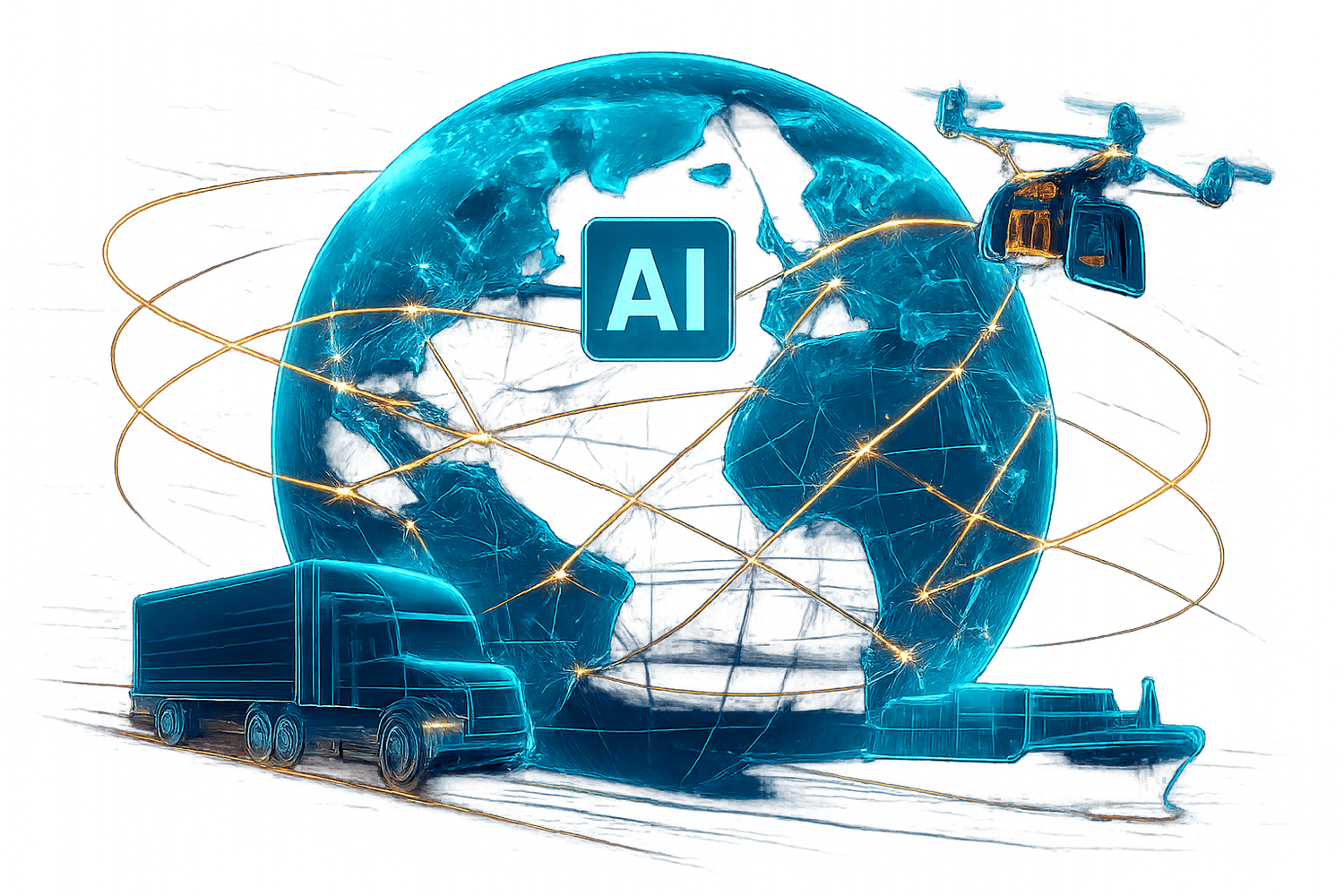The AI Revolution: Which Industries Are Ripe for Disruption?
The term "AI revolution" has been echoing through boardrooms and tech conferences for years, but we've now moved past theoretical discussions into a phase of tangible, widespread impact. Artificial intelligence is no longer a futuristic concept; it's a powerful engine of change, actively reshaping industries at an unprecedented pace. Recent data shows that the global AI market is projected to reach $1.81 trillion by 2030, a clear indicator that businesses are not just adopting AI, but are fundamentally restructuring their operations around it.
But which sectors are on the front lines of this transformation? Forget the broad strokes—let's look at the specific, data-backed shifts that are creating new opportunities and rendering old business models obsolete.
Healthcare: From Reactive to Predictive
The healthcare industry, traditionally slow to adopt new technologies, is experiencing an AI-powered seismic shift. The focus is moving from reactive treatment to proactive, predictive care. AI algorithms are now capable of analyzing medical images, such as MRIs and X-rays, with a level of accuracy that can surpass human radiologists. A recent study published in Nature found that an AI model could detect breast cancer from mammograms more accurately than a panel of six expert radiologists.
Beyond diagnostics, AI is personalizing medicine in ways once thought impossible. By analyzing a patient's genetic data, lifestyle, and environment, AI can predict their risk of developing certain diseases and recommend preventative measures. This isn't just improving patient outcomes; it's fundamentally changing the economics of healthcare by reducing the burden of chronic disease.

Logistics and Supply Chain: The End of Uncertainty
The global supply chain, a complex web of producers, shippers, and consumers, has long been plagued by inefficiency and unpredictability. The recent global disruptions have only highlighted these vulnerabilities. AI is stepping in as the ultimate solution for optimizing this intricate dance.
Companies are now leveraging AI to achieve end-to-end visibility of their supply chains. Machine learning models can analyze vast datasets—from weather patterns and port congestion to geopolitical tensions and consumer demand—to predict disruptions before they happen. For example, AI-powered platforms can now predict shipping delays with over 90% accuracy, allowing companies to reroute cargo and manage inventory proactively. Furthermore, the rise of autonomous trucks and delivery drones, guided by sophisticated AI systems, promises to dramatically reduce transportation costs and delivery times.
Manufacturing: The Dawn of the "Smart Factory"
The manufacturing sector is undergoing its most significant transformation since the invention of the assembly line. The "smart factory," a fully interconnected and flexible system, is now a reality thanks to AI. AI-powered robots, equipped with computer vision and advanced sensors, are capable of performing complex tasks with superhuman precision and consistency.
One of the most exciting developments is the use of "digital twins"—virtual models of physical assets that are updated with real-time data. By running simulations on these digital twins, manufacturers can optimize production processes, predict maintenance needs, and test new product designs without the cost and risk of physical prototypes. This has been shown to improve production efficiency by up to 20% and reduce defects by as much as 50%.
The Road Ahead: A New Competitive Landscape
The industries highlighted here are just the tip of the iceberg. From finance and agriculture to energy and entertainment, AI is redrawing the boundaries of what's possible. The key takeaway for business leaders and investors is that the AI revolution is not a rising tide that will lift all boats equally. It is a disruptive force that will create a new generation of winners and losers. The companies that thrive will be those that not only adopt AI technology but also cultivate a culture of data-driven decision-making and continuous innovation. The question is no longer if AI will transform your industry, but how quickly you can adapt to this new reality.
© 2025 OptinVision


